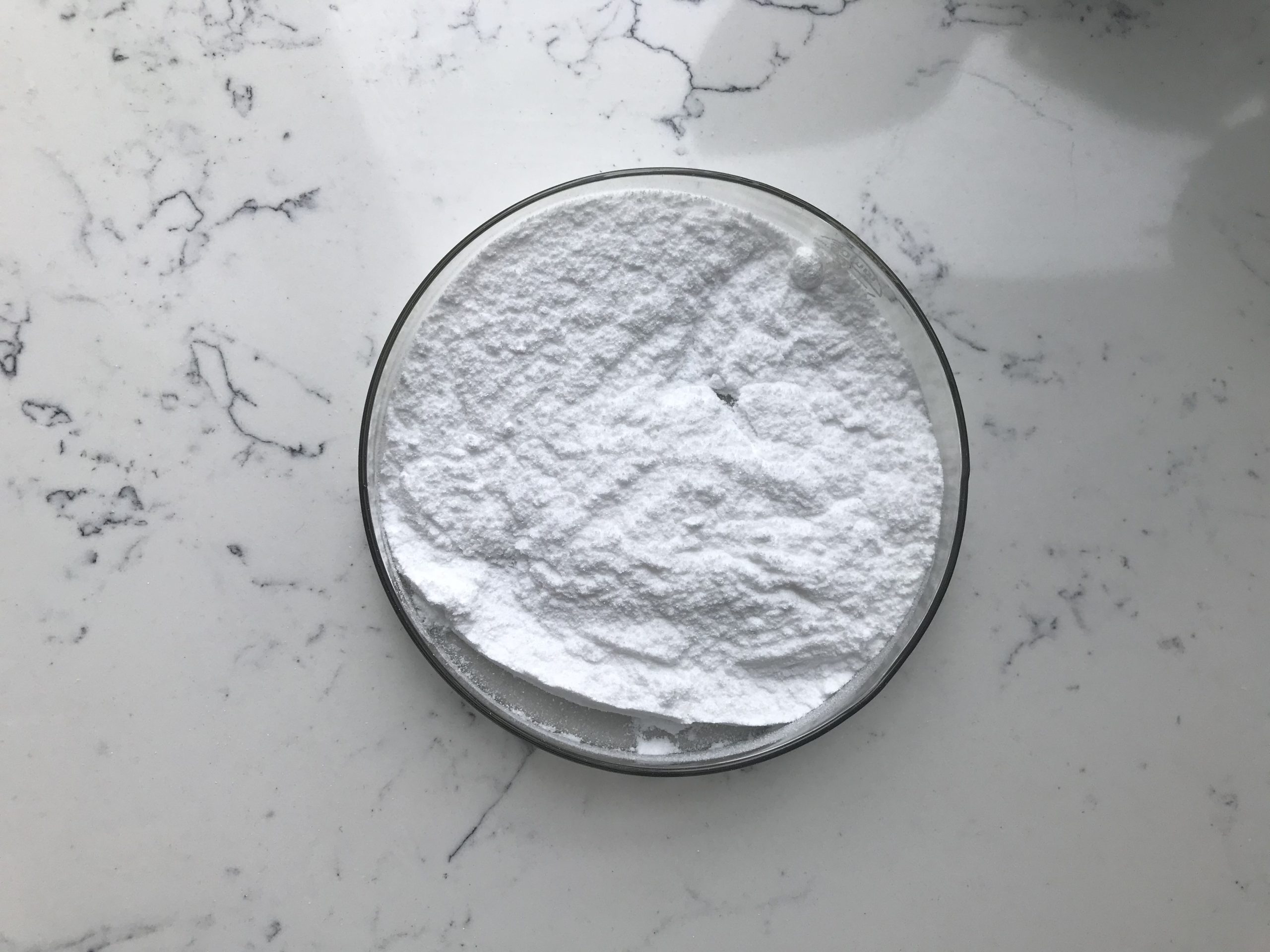L-theanine is generally considered safe when consumed in moderation, and it is commonly found in tea and supplements. However, like any supplement, it can have potential adverse effects, particularly when taken in excessive amounts or when combined with certain medications. Some of the possible side effects of L-theanine include:
1. Drowsiness or Sedation
L-theanine has a calming effect and can promote relaxation. In some individuals, especially at higher doses, this may lead to excessive drowsiness, fatigue, or grogginess. This effect could be more pronounced if combined with other sedative substances, such as alcohol or certain medications.
2. Low Blood Pressure
L-theanine may have a mild hypotensive effect (lowering blood pressure). This is generally not a concern for most people, but individuals with low blood pressure or those taking blood pressure medications should consult a healthcare provider before using L-theanine.

3. Headaches
Some users may experience headaches, especially if taking L-theanine in large amounts or if they have a sensitivity to the compound.
4. Gastrointestinal Issues
In rare cases, L-theanine can cause gastrointestinal upset, including nausea or an upset stomach.
5. Interactions with Medications
L-theanine may interact with certain medications, especially those that affect the central nervous system. For example:
- Sedatives or tranquilizers: L-theanine might enhance the effects of these medications, leading to excessive sedation.
- Stimulants: L-theanine is often used to counteract the jitteriness caused by caffeine, but combining it with other stimulants could alter the expected effects.
- Blood pressure medications: Due to its potential to lower blood pressure, L-theanine could interact with antihypertensive drugs.
6. Allergic Reactions
Though rare, some people may experience allergic reactions to L-theanine, including skin rashes, itching, or swelling.

7. Pregnancy and Breastfeeding
There is limited research on the safety of L-theanine during pregnancy or breastfeeding. It is generally recommended to consult a healthcare provider before using L-theanine during these periods.
8. Overdose
While L-theanine is relatively safe, extremely high doses (significantly more than the recommended dosage) could potentially lead to toxicity, though specific data on L-theanine overdose is limited.
If you’re considering L-theanine for its potential benefits, it’s always a good idea to start with a low dose and monitor how your body responds. If you have any pre-existing conditions or are taking other medications, it’s advisable to consult with a healthcare professional first.
